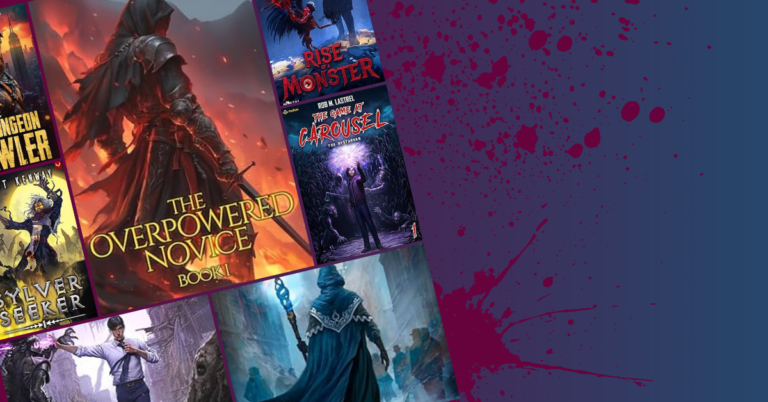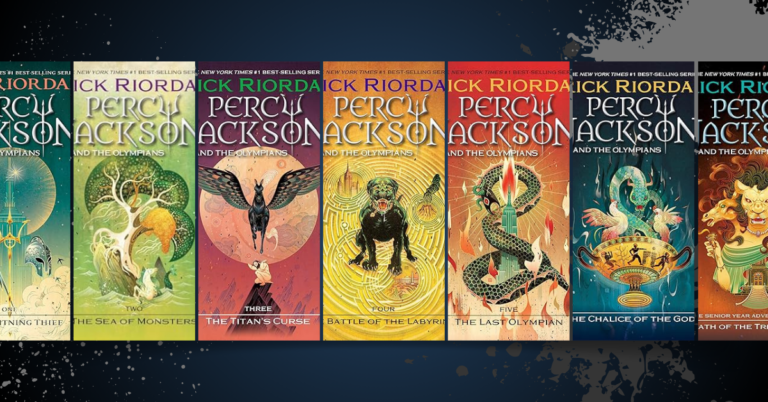It’s more than a celebration. It’s a reckoning, a reminder, and a rallying cry for the justice still overdue.
June 19. America’s long-overdue recognition of freedom’s unfinished business. Often called the “other Independence Day,” Juneteenth is the national holiday that reminds us liberation isn’t always instantaneous, and justice doesn’t always come gift-wrapped. Emancipation Day is more than a history lesson; it’s a lens, a reckoning, and a celebration all at once.
What Happened on June 19, 1865?
Before we jump into the barbecues and parades, a little context: Lincoln’s Emancipation Proclamation went into effect on January 1, 1863. It declared that enslaved people in Confederate-held territories were free, but without Union troops to enforce it, the promise meant little in practice. In remote places like Texas, freedom was more rumor than reality.
That changed on June 19, 1865. Union Major General Gordon Granger landed in Galveston, Texas with 2,000 troops and issued General Order No. 3, officially declaring that “all slaves are free.” Two and a half years late, but no less historic, the moment marked the liberation of an estimated 250,000 enslaved people in Texas—America’s final Confederate stronghold.
Early Celebrations & Spread
True freedom isn’t declared and done. It’s lived, remembered, and passed on. And from the beginning, Juneteenth wasn’t just observed. It was celebrated.
Texas, 1866
The first official Juneteenth celebrations took place one year later on June 19, 1866, in Texas. Freed people gathered in public spaces to sing spirituals, share meals, and rejoice in community. Red-colored foods became a staple. Sporting events, parades, and storytelling anchored the holiday in joy, pride, and collective memory.
The Great Migration Carried It Forward
As Black families moved north during the Great Migration, they brought Juneteenth with them. What began in Texas took root in cities like Chicago, Detroit, Los Angeles, and New York. Barbecues, music, church services, and readings of the Emancipation Proclamation turned Juneteenth into what many now call America’s “second Independence Day.”
Why It Matters
Juneteenth isn’t a belated Fourth of July. It’s a reminder of what happens when freedom is promised, but not delivered. The gap between policy and practice is a scar we still carry.
Justice Delayed Is Justice Denied
Juneteenth shines a light on a truth that spans generations: freedom isn’t just about breaking chains. It’s about dismantling the systems that built them. From Black Codes to Jim Crow to mass incarceration, structures of oppression didn’t vanish, they evolved.
Even today, the legacy of slavery shows up in economic inequality, education gaps, and ongoing voter suppression. Some studies estimate more than $50 trillion in value was extracted from Black labor—wealth that built America but was never repaid. That kind of delay deserves more than an apology.
The Call to Ongoing Change
Juneteenth is more than a holiday. It’s a call to action. True freedom requires:
- Equality: Break down the barriers in justice, education, healthcare, and voting.
- Recognition: Tell the truth about the past—and how it shapes the present.
- Reparations: Take real, structural steps toward repair.
- Systemic Dismantling: Move beyond symbolism. Reform the institutions that still enforce inequality—from policing to media narratives.
A Holiday Worth Holding Onto
Juneteenth is not just about the past. It’s a mirror to the present and a promise to the future. It honors the resilience of those who waited far too long for freedom, and it calls us to keep pushing until that freedom is fully realized.
So yes, celebrate. Fire up the grill, wear your red, share your history. But also listen, learn, and act. Because the story of Juneteenth didn’t end in Galveston. And neither should our pursuit of justice.






